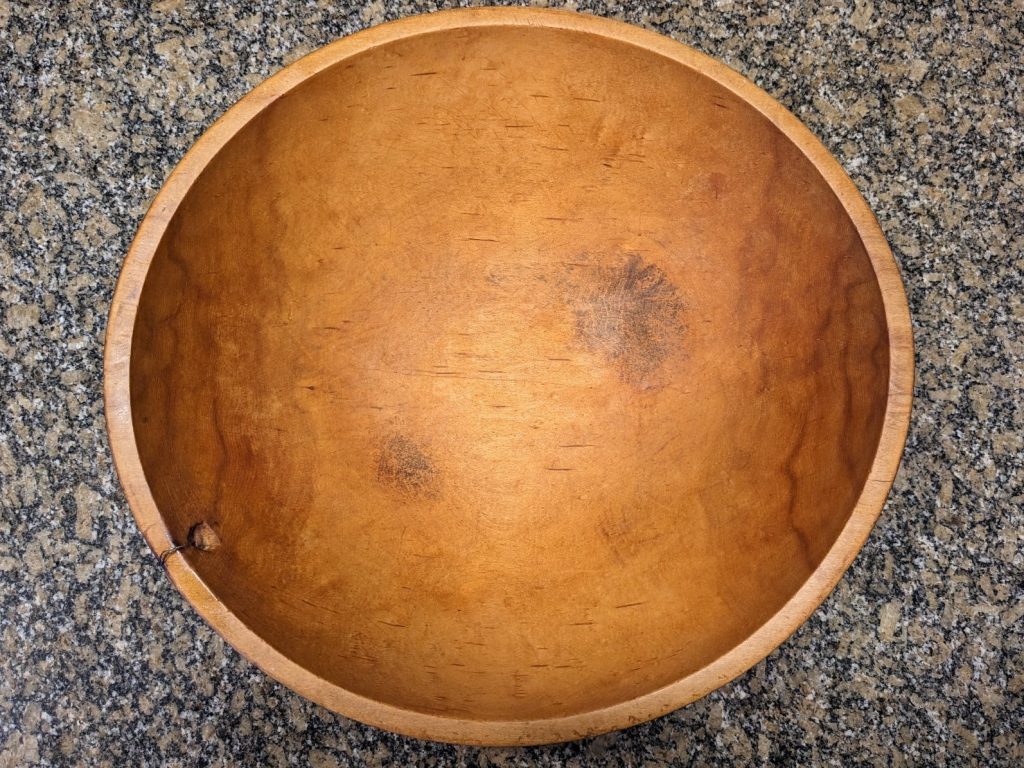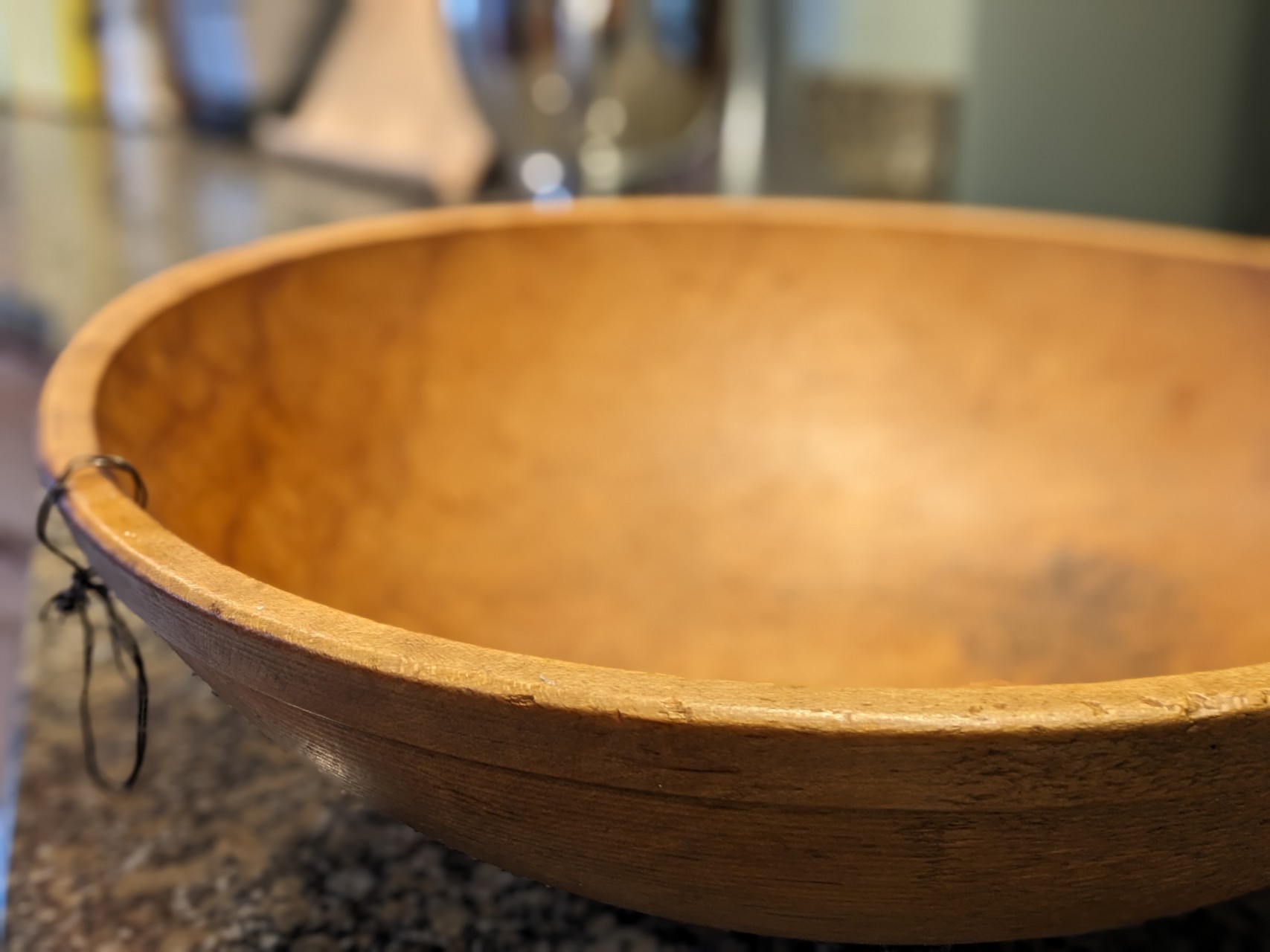I have always had an originality complex. I blame the Germans. But before we start shaming Germans (love you, Germany!), let’s step back a bit.
For my entire adult life (b. 1981), I’ve had a hard time connecting with contemporary culture. It’s not simply been a “damn the man, eff you capitalism” stance, although early on, that was certainly part of it. It’s that everywhere I turn, I see and hear things I’ve seen and heard before. To take just one example, let’s think about the landscape of music listening today.
First of all, people aren’t listening to much new music at all, as discussed in this great article by Ted Gioia: “Is Old Music Killing New Music?“
The 200 most popular new tracks now regularly account for less than 5 percent of total streams.
– Ted Gioia, The Atlantic
And the most popular new tracks, the ones that account for 5% of total streams? To my ear, those tracks are mostly rehashing old sounds as well, albeit in a highly-processed and quantized way that wasn’t possible without the powerful digital tools today’s music producers have access to.
So, it seems that the powers that be have decided that music ended in the 00’s.
Obviously, music has not ended. That said, I have had a hard time finding music that’s not essentially culled from the tropes and conventions of older music. In fact, I’ve had a hard time making music that’s not essentially culled from older music. It has been one of my EPIC LIFE STRUGGLES, in fact. I’ve put ridiculous amounts of time and effort into:
- figuring out, with a high degree of specificity, why everything new sounds like something old, and,
- figuring out why I care.
The answer to (1) is fairly well-trod territory, and here’s how I would summarize it:
Shattering the Old
By the beginning of the 20th century, art and music practitioners had pushed all the way to the edges of their art forms’ deeply-embedded cores, so far out that the walls were pulsing. Tonal music was barely hanging on, with composers like Scriabin and a young Schoenberg toying with the conventions of tonality like pawns on a chess board. While most drawing/painting/sculpture was still technically figurative, it was becoming ever harder to recognize those figures as something from life.
Then, there were a couple of little wars. They shattered the psyche of the world. And by the time they were over, so were the old traditions of art and music.
Enter: American popular music and design. Whereas “high” culture had become cognitively difficult to process and impossible to understand emotionally for the average person, popular music and art (ads/comic books/corporate design) were attractive, easy to digest, clear in their intent, and even fun. They maintained the old core principles of the arts (in music, the dominant/tonic axis, aka common practice tonality; in art, figurativism), stripped them down to their bones, threw in liberal dashes of folk principles and marketing savvy, and BAM! People ate it up. It became incredibly valuable, and forms the basis of the massive catalogs the major labels are currently hoarding like dragon’s gold.
(As always, apologies for my super Western perspective, I’m relatively ignorant of non-European music cultures.)
But what about me?
Question (2) is harder for me to answer: why do I care that everything new is actually old? Or, to put it in a brutally honest framing w/ regard to my own music: why can’t I make music that I like and enjoy that doesn’t sound like other things? Over the course of the last year or so, I’ve answered that question in a way that has been immensely helpful to my music-making practice, and to my general state of mind.
When I said at the beginning of this post that I have an “originality complex,” I mean that I lived for 40 years with the unquestioned assumption that artists should always create something new, should push boundaries, should subvert norms. The idea of the world-changing, earth-shattering artist has seemed so patently obvious as to be part of the air that I breathed, but the roots of the concept of the creative genius aren’t very deep, in the grand scheme of things. In the Western world, at least, they only go back to the 19th century, to what we’ve dubbed Romanticism, and to the concept of the creative genius.
(It’s not my intention to give a history lesson here. If you care to read about this, there are books and articles galore, at every angle and scope imaginable. I’m going to be way more self-centered than that, because it’s my blog and I can. 🙂 )
Once I began to question my fundamental assumption that the end-all-be-all purpose of art-making is to say something new, something that’s never been said before, I felt an immediate drop in pressure. It’s funny how subconscious pressure works — I’ve never in my life stopped myself making something and said, “oh, I can’t make this, it’s too common, it’s been done before.” That said, I know now that I was putting a massive amount of subconscious pressure on myself, saying exactly that to myself day in and day out, but without knowing it.
It’s funny to me that the release of this pressure hasn’t changed the quality of my music in any meaningful way. What it has changed is my ability to appreciate what I’m making, to move through my music-making time with more joy and flow, and to feel good about what I’m making instead of feeling a compulsive need to finish and move on.
Bread, not Beethoven

This is my great-grandmother’s dough-making bowl. Throughout the first 2/3 of the 20th century on her family farm in Texas, she kept this bowl full of flour. Every couple of days, she poured enough water into the center of the flour to form the dough she wanted so that she could make bread for her family.
This is not a new story. In fact, it’s a timeworn story that’s happened countless times, in countless kitchens throughout human history. But it’s a beautiful story, and one that holds immense meaning for me. The wood stores that history — it’s worn by touch and time, an accidental work of art, and I’m so fortunate to be using it to make bread today, a constant physical reminder of that history.
While HISTORY, on a grand scale, won’t care about whether or not I let go of my compulsive need to be original, in my own personal history, it’s what you might call a big deal. It doesn’t change the fact that, by most people’s standards, I’m a bit of an odd duck. It won’t turn my music into Taylor Swift’s. But it makes me able to think of music-making as more like baking a loaf of bread than creating an Artwork that will Stand the Test of Time, which is, let’s face it, a lot of pressure, especially in a world that doesn’t seem to care for new music very much.
Like so many others before me, I can simply use my hands and the tools at hand to bake a loaf of bread. It will taste fantastic and nourish me. And for that to be enough?
Delicious.
